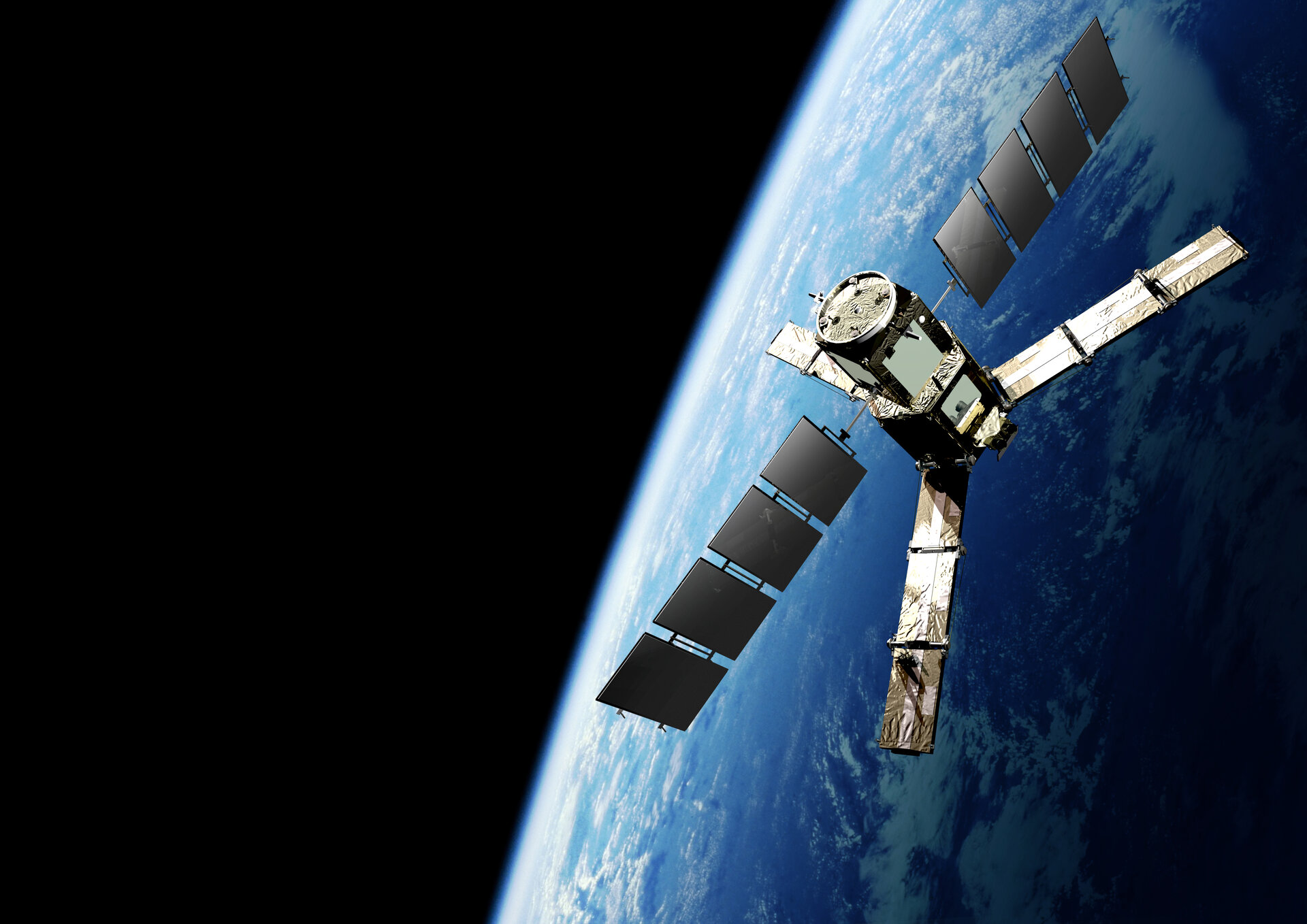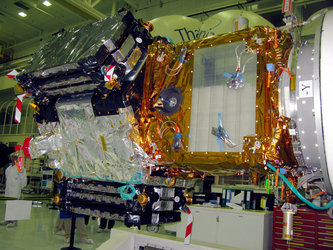SMOS team gears up for launch campaign
With launch just two months away, members of the SMOS team are currently in Russia inspecting the facilities where the launch campaign will soon get underway to prepare ESA's water mission for liftoff on 2 November.
Members of the team are busy checking the facilities at both Arkhangelsk, where the satellite and support equipment will arrive in Russia by plane, and the integration facilities at the Plesetsk Cosmodrome, some 200 km south of Arkhangelsk, where the satellite will be prepared and encapsulated in fairing for launch. The team is there this week to ensure that the infrastructure – from computer networks down to furniture – is all in place before the facilities are accepted as ready.
Following the completion of the last tests on the Breeze-KM third stage, this section of the launcher is also ready to be shipped from Moscow to the launch site. While the Rockot launcher uses two generic lower stages, the third stage, is customised for each satellite launch.
This third stage comprises the fairing, which protects the satellite during the first ascent phase of the launch, the electronics to control the launcher and the adapters, which provide the mechanical interfaces between the satellite and the launcher. As well as housing the SMOS satellite, this third stage is also accommodating ESA's Proba-2 satellite, which is being launched at the same time.

In fact, Proba-2 will arrive from Belgium at Plesetsk on 3 September in order to be prepared for launch before the SMOS satellite arrives on 16 September.
The SMOS mission will observe soil moisture over the Earth's landmasses and salinity over the oceans. Soil moisture data are urgently required for hydrological studies and data on ocean salinity are vital for improving our understanding of ocean circulation patterns. Data from SMOS will lead to a better understanding of Earth's water cycle.











